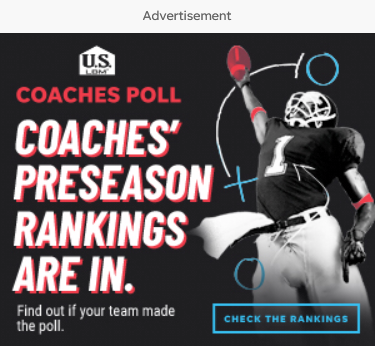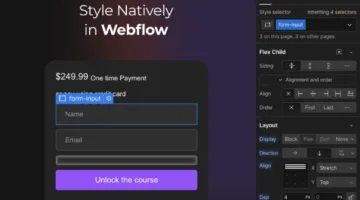Photo by Team TGM
AI tools answer questions without sending users to your site. This article explains why SEO visibility now depends on being cited by AI, not just ranking high. You’ll learn how AI-driven search is reshaping digital marketing, why brand mentions matter more than clicks, and what to do about it.
Table of Content:
Your content ranks third on Google. Your keywords are solid. You followed every SEO best practice. Yet your traffic numbers keep falling.
Here’s what changed: AI-driven search tools like ChatGPT, Perplexity, and Google’s AI Overviews now answer questions directly.
Zero-click searches rose to 60% of all Google queries in 2025, meaning most users find answers without visiting websites.
The new currency isn’t page position, it’s whether AI platforms cite your brand when generating responses.
What does SEO visibility mean in AI-driven search?
SEO visibility has fundamentally changed. It used to mean appearing on page one of search results. Now it means being referenced, mentioned, or cited by AI tools when they synthesize answers.
Research from Yext analyzing 6.8 million AI citations found that 86% of sources AI engines cite fall within marketers’ control, including websites, listings, and reviews.
AI citations work differently than traditional search results. Instead of showing ten blue links, AI tools pull information from multiple sources and create a single answer.
Google’s AI Overviews now appear in over 30% of U.S. desktop searches, pushing organic results below the fold. Your brand authority SEO strategy must now account for how AI platforms perceive and reference your expertise.
The shift affects every content type. Informational queries, buying guides, how-to content, and comparison articles all get synthesized into AI-generated summaries. Your content might fuel these answers without receiving attribution or traffic.
How do AI tools decide which brands to cite?
AI platforms evaluate brand authority SEO signals differently than traditional search engines. They look for expertise markers, consistency across sources, and relevance to user queries.
- Authority signals: Ahrefs data shows brand mentions on third-party websites strongly correlate with better AI search rankings. When credible sites reference your brand, even without links, AI models learn to associate your name with your industry. This builds what researchers call “cross-engine authority.”
- Content structure: AI tools prefer well-organized information that directly answers questions. Pages with clear headings, structured data, and factual content get referenced more often.
- Topical consistency: If your brand appears in industry roundups, expert interviews, review sites, and professional directories, AI models see patterns. Reddit citations jumped 75% in Google AI Mode, becoming the second most common source.
- Source diversity: Brands cited across multiple platforms (news sites, forums, social media, industry blogs) gain more AI visibility strategy advantages than those appearing on only their own website.
What can you do to improve your brand’s citation rate?
Building brand mentions requires systematic off-page work. Here’s what actually moves the needle:
Earn mentions in cited domains.
Research which websites AI tools reference most in your industry. Get your brand included on those pages through expert contributions, case studies, or product listings.
Optimize for structured answers.
Create content that directly answers common questions. Use clear headings formatted as questions. Include data, statistics, and expert quotes that AI tools can extract and cite.
Build local and niche directory presence.
Identify where your industry gets mentioned and establish a presence there. This includes industry-specific directories, review platforms, and professional associations.
Develop strategic partnerships.
Partner with complementary brands serving your ideal customer. These cross-references build brand authority SEO when both brands get mentioned in industry content.
Monitor brand mentions using dedicated tracking tools. Asking AI tools directly about your brand gives personalized results, measurement at scale shows real visibility patterns.
Conclusion
The shift from clicks to citations isn’t temporary. AI platforms now control how users discover brands, and traditional ranking metrics no longer reflect true visibility. Your brand authority SEO depends on being referenced by AI tools when they generate answers.
Start by auditing where your brand currently appears in AI responses. Identify gaps where competitors get cited but you don’t.
Then systematically build presence in the sources AI platforms trust: industry directories, expert roundups, review sites, and authoritative publications.
The brands winning in AI-driven search aren’t necessarily ranking first. They’re the ones AI platforms recognize as credible sources worth citing.
Build that recognition now through strategic off-page work, and you’ll maintain visibility as search continues evolving toward AI-generated answers.
-
SEO visibilitymeasures whether your brand appears in AI-generated answers, featured snippets, and knowledge panels. Search rankings show position in traditional results.Visibility happens when AI platforms cite or mention your brand in synthesized answers.







